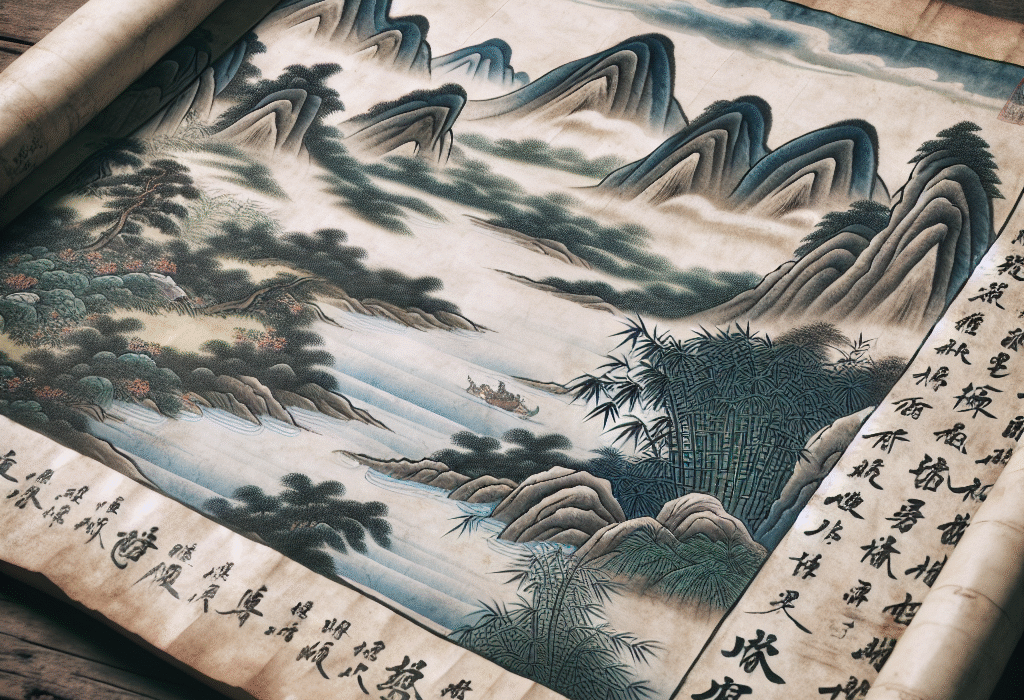Have you ever been curious about the ancient wisdom of Chinese Daoism? Well, you’re in luck because we’re about to dive into the fascinating world of this philosophy that is centered around the concept of ‘dao’ or the path. In this blog post, we’ll explore the history, principles, and implications of Chinese Daoism, so buckle up and get ready for an enlightening journey!
The Intriguing History of Chinese Daoism
When we talk about Chinese Daoism, we can’t help but immerse ourselves in the rich history that dates back to China’s Classical philosophy period during the Warring States era (476–221 BC). It’s like taking a time machine back to a time when ancient scholars pondered the mysteries of life and existence.
-
The foundation of Daoism can be traced back to the Duke of Zhou in 1038 BC, who proposed the theory of the priority of the dao. This laid the groundwork for the philosophical framework that would later develop into Chinese Daoism.
-
As the philosophy evolved over time, it incorporated elements of naturalism and the belief in the inherent order of the universe. Daoists emphasized living in harmony with nature and following the natural flow of life.
-
Chinese Daoism gradually morphed into a comprehensive system of thought that encompassed ethical teachings, spiritual practices, and a holistic approach to life. It became a way of living that was deeply rooted in the understanding of the dao as the foundational principle of existence.
The Core Principles of Chinese Daoism
Now that we have a brief overview of the historical background of Chinese Daoism, let’s delve into the core principles that shape this philosophical tradition. It’s like uncovering the hidden gems of wisdom that have been passed down through generations.
-
Dao as the Way: At the heart of Chinese Daoism lies the concept of dao, which can be translated as the ‘Way’ or the ‘Path.’ Dao represents the natural order of the universe and the guiding principle that governs the harmony of existence.
-
Wu Wei: Another essential principle of Daoism is wu wei, which can be understood as ‘non-action’ or ‘effortless action.’ This concept emphasizes the importance of going with the flow of life and allowing things to unfold naturally without force or resistance.
-
Yin and Yang: Daoism embraces the duality of yin and yang, symbolizing the complementary forces of the universe. It teaches us to find balance and harmony by acknowledging the interconnectedness of opposing forces.
What Chinese Daoism Means for You
Now that we’ve explored the history and core principles of Chinese Daoism, you might be wondering how this ancient philosophy can benefit you in the modern world. Well, here’s where things get interesting.
-
Embracing simplicity: Daoism encourages us to simplify our lives, let go of unnecessary complexities, and find peace in the present moment. By practicing mindfulness and cultivating inner stillness, you can experience a sense of tranquility and clarity.
-
Living in harmony: By aligning yourself with the natural flow of life, you can cultivate a deep sense of peace and contentment. Daoism reminds us to respect nature, honor our interconnectedness with all living beings, and embrace the beauty of impermanence.
-
Embracing change: Just as the dao is constantly in flux, Daoism teaches us to embrace change and adapt to the ever-evolving nature of existence. By letting go of attachments and surrendering to the flow of life, you can navigate transitions with grace and resilience.
So, here’s the deal, Chinese Daoism offers us a timeless wisdom that transcends cultural boundaries and resonates with the universal truths of existence. By incorporating the principles of dao, wu wei, and yin-yang into our lives, we can cultivate a deeper connection to ourselves, others, and the world around us.
So, what are your thoughts on this enlightening journey into the world of Chinese Daoism? Let me know what you’d choose to incorporate from this ancient philosophy into your life!







